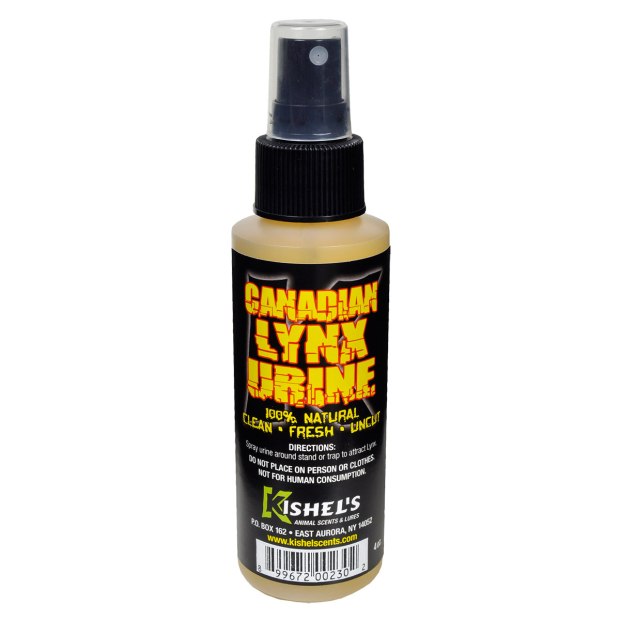Is “pis” also from Métis/Canadian French?
Pís ‘to urinate’ in Jargon, phonetically [pí:s] with an unaspirated “p” and a long vowel, is documented as early as Fort Vancouver times.

Sometimes it’s really hard to find an appropriate illustration for my blog posts! (Image credit: Kishel’s)
For example Father Modeste Demers, noted by the Grand Ronde Tribes 2012 dictionary, has < pis > ‘make water’.
In this connection, notice that Grand Ronde Chinuk Wawa has a synonym munk-tsə́qw, which is literally ‘make water’. That expression may have been modeled on locally spoken English.
English piss is an obvious etymology for CW pís. But there are reasons to look beyond that source, to French.
Mind you, the noun for ‘urine’ is not *pis* but the less-good match < (li)pisaa > in Michif dictionaries and Louisiana French. (As always, a disclaimer — I’m not claiming Michif was spoken in the Pacific Northwest. It’s just that the Cree-French mixed language of the Red River Métis preserves much of the French spoken by fur-trade employees in the PNW.)
But the verb that’s cognate with it is < pisser >, documented in Louisiana…
So the form pís in Chinuk Wawa could, like so many other verbs in CW, come from a “familiar” command form in Métis/Canadian French, in this case exactly [pίs] ‘go pee!’
And a French origin would be very helpful toward explaining the unaspirated “p” and the long “i” in pís, which are uncharacteristic for English loans into the Jargon.

The Larousse has “pissat” ‘Urine de certains animaux’, so I suppose that’s no less standard French than the verb “pisser” is.
LikeLiked by 1 person
Agreed. It’s definitely different from /pis/, though!
LikeLike
Any French speaker knows the verb “pisser” which is about as standard as the English equivalent – that is, considered unfit for polite society, as opposed to the more scientific words “uriner” and “urine”, and the familiar (from everyone’s childhood) “faire pipi”. Same with the noun “la pisse” (and “le pipi”). (I don’t think I have ever written the p- words, in any context!).
But I did not know “le pissat” which seems to be restricted to animal husbandry, a specialty I am not familiar with.
LikeLiked by 1 person
The colloquial nature of “pisse(r)” is another argument in favour of its having come from Métis/Canadian French, which was a decidedly non-literary language at Fort Vancouver.
LikeLike
Judging from the examples in the TLFI, “le pissat” (formerly “pissas”) is used in the context of the strong, unpleasant odor of stale animal urine, including that of cats as well as larger domestic animals.
LikeLiked by 1 person